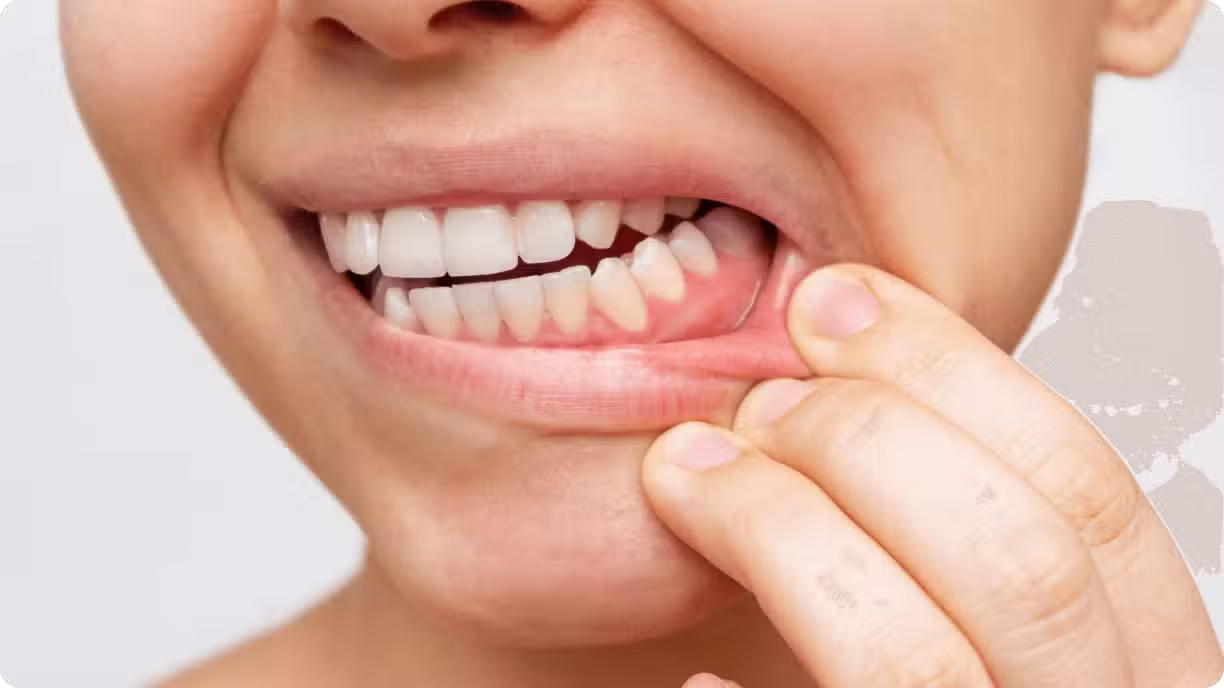Gum Care and Prevention In West Chester, PA
Gum Care & Prevention
- Reduced Risk of Gum Disease: Proper gum care lowers the chance of developing gum disease and its associated complications.
- Improved Oral Health: Healthy gums contribute to stable teeth, better breath, and an enhanced smile.
- Better Systemic Health: By caring for your gums, you may reduce the risk of systemic health conditions linked to gum disease.

Oral Care
Maintaining a clean, infection-free mouth is essential to prevent halitosis (bad breath), cavities, sensitive gums, and loose teeth. Good oral health also supports overall well-being, as oral infections have been linked to an increased risk of stroke, heart attack, and even memory loss in seniors. Since gum disease (periodontal disease) is the leading cause of tooth loss in the United States, prioritizing gum health safeguards both your smile and your general health.
At YTs Dental Care, we’re committed to your oral and total body wellness. Our skilled dentists and hygienists specialize in cavity prevention and gum disease management. We employ preventive measures such as routine cleanings and exams, low-radiation digital X-rays, oral cancer screenings, sealants, and fluoride treatments. Additionally, we use the ORACARE System to kill bacteria, viruses, and fungi, neutralize volatile sulfur compounds, and control plaque build-up. By combining these strategies, we help you maintain a healthier mouth and a healthier life.

Gum Care And Prevention FAQs
Gum care is important because it helps maintain healthy gums, which are essential for overall oral health. Healthy gums provide support to the teeth, help prevent tooth loss, and contribute to a beautiful smile.
Maintaining healthy gums involves regular brushing and flossing to remove plaque and bacteria, eating a balanced diet, avoiding tobacco products, and scheduling regular dental check-ups and cleanings.
Gum disease, also known as periodontal disease, is an infection of the gums caused by the buildup of plaque and bacteria. It can lead to gum inflammation, gum recession, and potentially tooth loss if left untreated.
Signs of gum disease include red, swollen, or tender gums, bleeding gums during brushing or flossing, persistent bad breath, receding gums, and loose or shifting teeth.
Gum disease can be prevented by practicing good oral hygiene, including daily brushing and flossing, using antibacterial mouthwash, and scheduling regular dental check-ups and cleanings.
Yes, gum disease has been linked to various systemic health conditions such as heart disease, diabetes, respiratory infections, and adverse pregnancy outcomes. Maintaining healthy gums is important for overall well-being.
To brush your gums, gently move the toothbrush in circular motions along the gumline. When flossing, carefully slide the floss between the teeth and curve it around the base of each tooth, reaching beneath the gumline.
It is generally recommended to schedule dental check-ups and cleanings every six months. However, your dentist may suggest more frequent visits if you have gum disease or other specific oral health needs.
In its early stages (gingivitis), gum disease can be reversed through proper oral hygiene practices and professional dental treatment. However, advanced stages (periodontitis) may require more extensive treatments to manage and control the disease.
Common gum care products include toothbrushes with soft bristles, fluoride toothpaste, antimicrobial mouthwashes, interdental brushes, and water flossers. Your dentist can recommend specific products suitable for your needs.
Difference Between Bad Gums And Healthy Gums

Mad Gums
Inflamed or “mad” gums, also known as gingivitis, are a sign of gum disease. They often appear red, swollen, and may bleed easily, especially during brushing or flossing. Individuals with mad gums may experience persistent bad breath and tenderness in the gum tissue. Gingivitis is usually caused by poor oral hygiene, leading to a buildup of plaque and bacteria along the gumline. If left untreated, it can progress to a more severe form of gum disease called periodontitis.

Healthy Gums
Healthy gums, on the other hand, are firm, pink, and do not bleed during routine oral care. They securely hold the teeth in place and have a tight seal around them, protecting the underlying structures. Healthy gums are the result of proper oral hygiene practices, including regular brushing, flossing, and professional dental cleanings. Maintaining healthy gums is essential for overall oral health, as they act as a barrier against infection and help prevent tooth loss.
Say 'Yay!' to Preventive Dentistry: Good Oral Health for Life!
Take the necessary steps to protect your smile today! With dental sealants, professional cleanings, and personalized hygiene instruction from our experienced dentists, we can help you get a healthy, bright smile quickly and easily.


